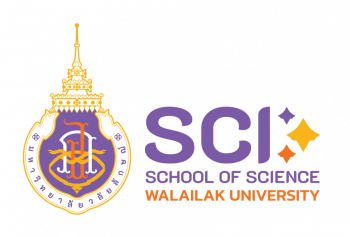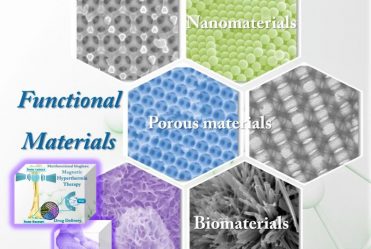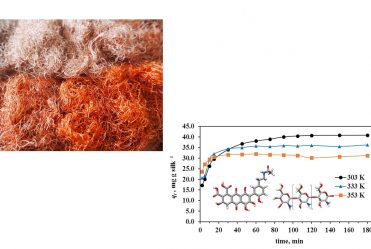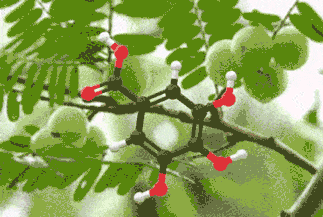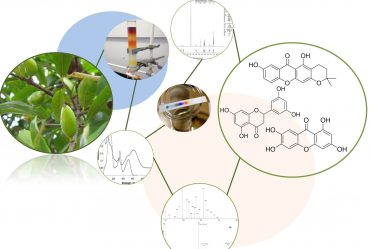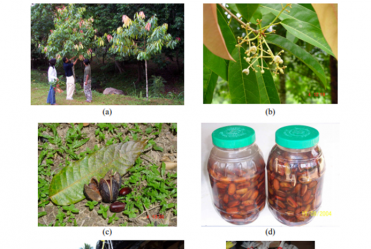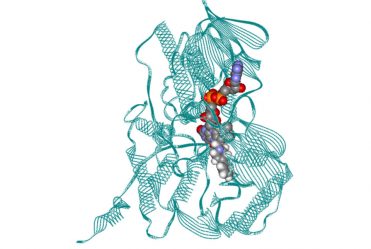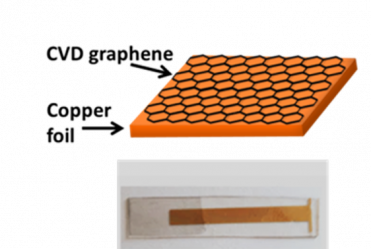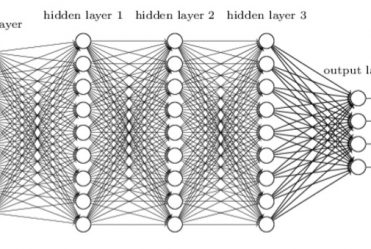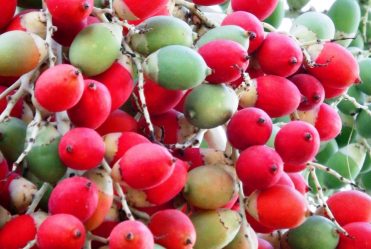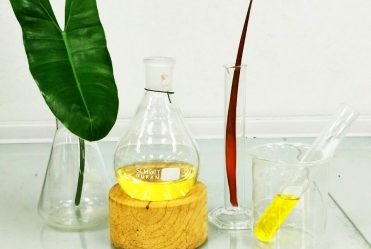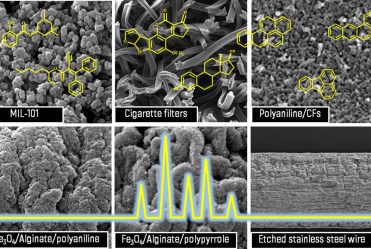Asst. Prof. Dr. Montra Chairat
My research interest concerns adsorption and thermodynamic studies for dyeing of textiles with natural dyes. Structural modification of natural dyes and/or surface modification of fibers for improving the dye uptake onto fibers and biosorption of dye removal from textile effluents using low-cost absorbents.
Asst. Prof. Dr. Worrapong Phupong
My research interests concern natural product chemistry in plants and microorganisms and bioactive compound isolation, structure determination, and evaluation the bioavailability of the pure compounds responsible for the biological activities such as anti-oxidation,anti-inflammation, and antifungal activity.
Asst.Prof.Dr.Hathaichanok Kommen
My interest of research is in Natural Products. Study of active compounds from plants. I am also interested in chemistry education which is the study of the teaching and learning of chemistry in universities. The topics would include understanding how students learn chemistry, how best to teach chemistry, and how to improve learning outcomes by changing teaching methods.
Asst. Prof. Dr. Sujittra Poorahong
My research interests span across the fields of the interface between surface science, materials chemistry, electrochemistry and nanoscience. I aim to develop novel nanomaterials for the next generation of electrochemical sensor and biosensors, energy conversion and storage.
Asst. Prof. Dr. Chompoonoot Nanthamathee
My research interests span across the field of porous materials. Specific topics are synthesis and functionalization of zeolites and Metal-Organic Frameworks for various applications. A range of applications primarily includes gas/ liquid adsorption and separation, wastewater treatment and sensing.
Asst. Prof. Dr. Cholpisut Tantapakul
My research interests are in natural products chemistry field. I’m working on the isolation and elucidation of secondary metabolites from plants and fungi, as well as evaluation of their biological activities including of antioxidant, antibacterial and alpha-glucosidase inhibition.
Asst. Prof. Dr. Piyaluk Nurerk
My research interest is focused on development of sample preparation techniques and optosensor. I intend to apply porous materials and nanomaterials for the development of sample preparation techniques coupled to chromatography and develop fluorometric optosensor based quantum dots for the determination of trace organic contaminants in environment and food
